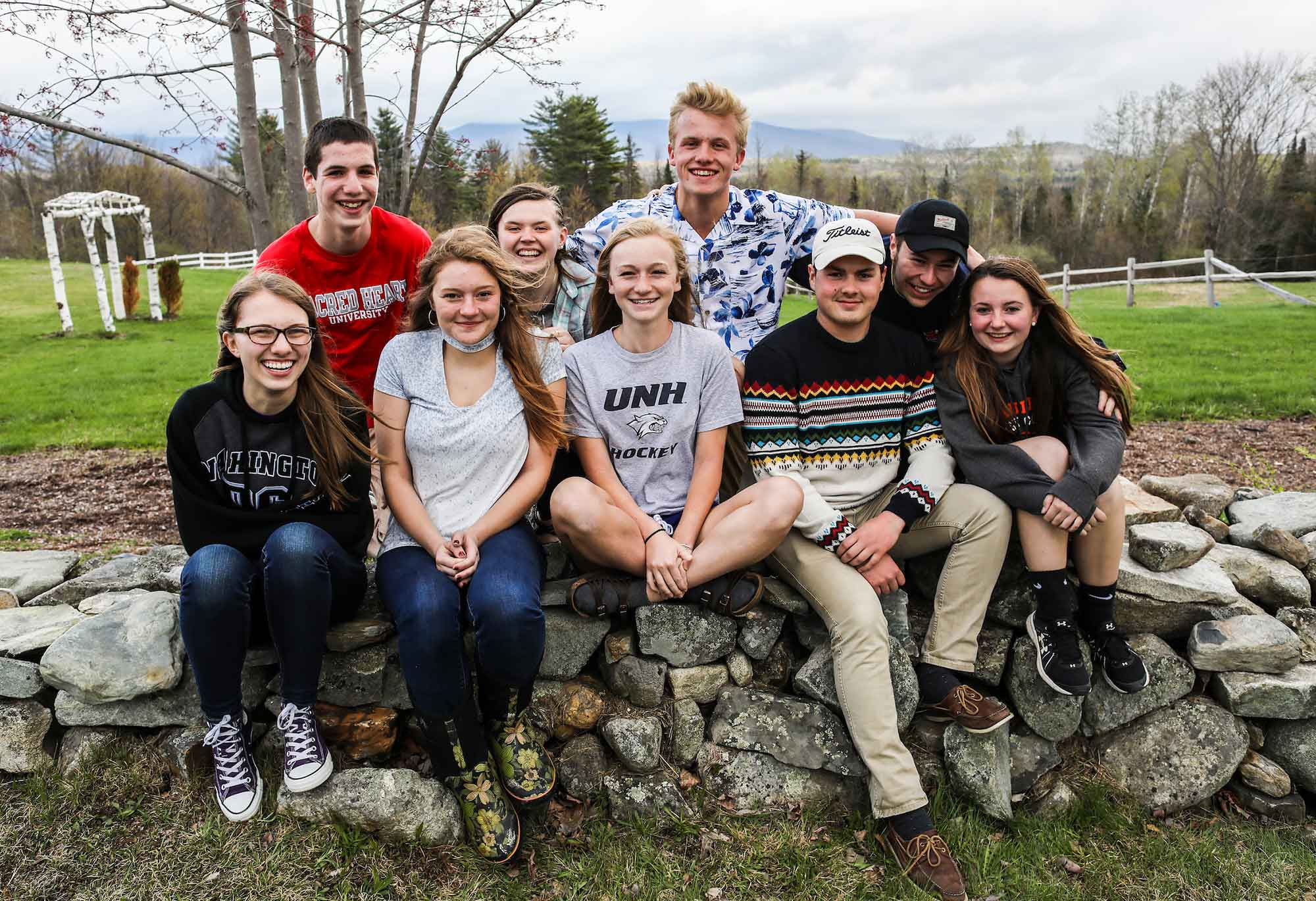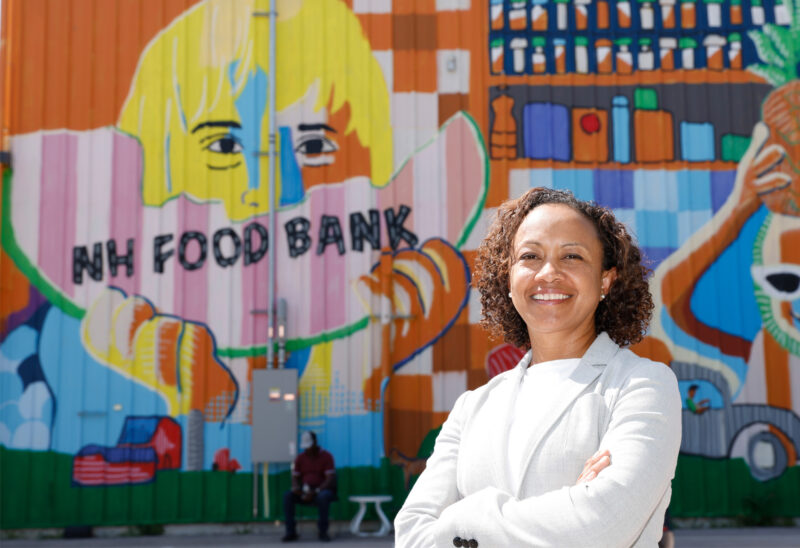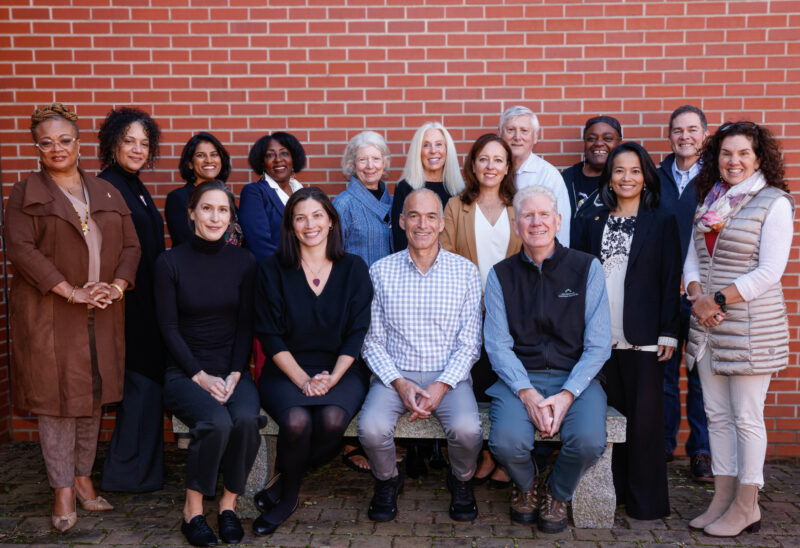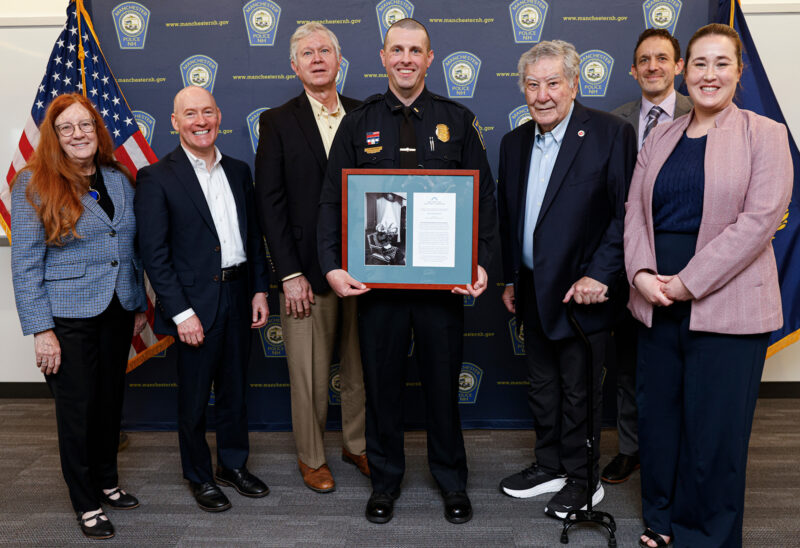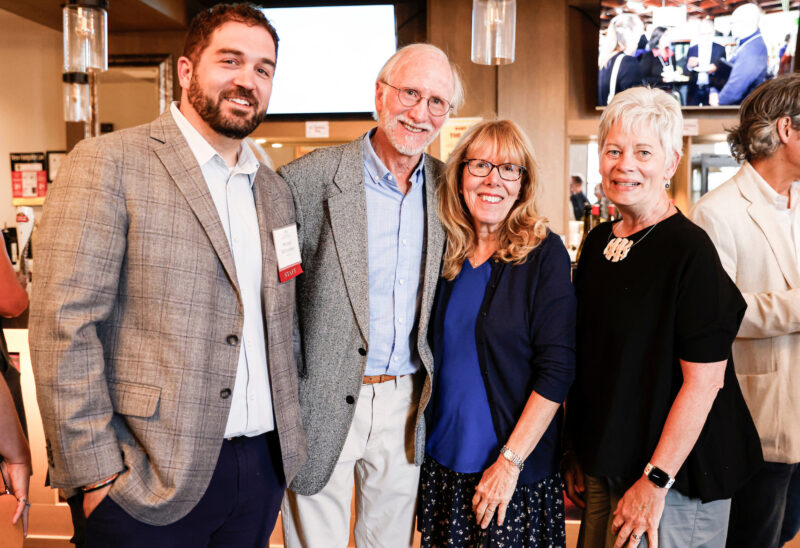This essay appears as the foreword to the Carsey School of Public Policy’s “Northern New Hampshire Youth in a Changing Rural Economy: A Ten-Year Perspective.”
Youth have been leaving rural communities for decades, and yet a vibrant future depends on young people staying or returning. Decades ago, young people who chose to work in natural resource-based industries or, in many places, manufacturing plants that had moved to rural areas to reduce labor costs, could stay and make a decent living and raise a family in a small-town environment. But in the last two to three decades those options have declined, and with lower-wage service sector jobs in retail, health, or tourism now dominant, the future for non-college bound youth looks increasingly dim. Northern New England is no exception, where communities are struggling to adapt to the loss of paper mill and other manufacturing jobs, and to the out-migration of young families the loss has caused. But communities in New Hampshire’s North Country have a strong civic culture, a deep sense of community, and as this report demonstrates, that civic commitment is a strength that binds people to the community and a protective factor that supports the region’s young people.
When the Neil and Louise Tillotson Fund of the New Hampshire Charitable Foundation was developed, its leaders made a long-term commitment to analysis to inform their grantmaking that aimed to build a new economy, steward the natural resources, and retain the strengths of the North Country communities. The Coös Youth Study — a ten-year panel study that followed over 800 young people from Coös County, New Hampshire —was a key part of that strategic commitment. Such an investment is highly unusual for a regional philanthropy, but the Tillotson Fund’s leadership believed they could make better investment decisions if they knew more about the lives, choices, aspirations, and challenges facing the region’s youth. How are young people affected by the changing economy? What influences their decisions to leave the region or stay, and what draws back those who return? What can we learn about the factors that protect and support youth from chaotic or disadvantaged families, and how can those factors be enhanced, especially in economically distressed times? How can North Country communities best support their young people and thereby build a new future?
Carsey researchers and their partners have learned much over the decade through this panel study. We know that there is a persistently strong sense of community, including trust and cooperation, and we know it matters. We know that teachers and mentors matter. And we know that both the sense of community and the support of caring adults make a difference for young people, including, importantly, for those in stressed and chaotic families.
In this report, Corinna Jenkins Tucker brings her understanding of how household chaos hinders young people’s future success as adults, noting that Coös youth experience less chaos than young people in other places, despite the economic changes in the region. Karen Van Gundy finds that the strong sense of community in Coös County protects young people who experience stress, reducing the risk of depression and substance misuse. Erin Hiley Sharp finds that young people with high aspirations do better, and those with lower confidence about their future face challenges transitioning to adulthood. They need adult support. Cesar Rebellon shows that young people with a stronger sense of community fare better in every way, and that overall Coös youth have a strong sense of community and this helps them succeed. He also identifies the important role played by youth voice — when young people feel heard they may be more likely to stay connected to their community and return as adults.
Rural youth across America face challenges in today’s economy. But time after time, the researchers at the Carsey School have found that young people in Coös County, like the adults in their lives, have a strong connection and commitment to their community. This sense of community supports them as they make the transition to adulthood. Much research has shown that stable supportive families and mentors provide young people with the resources and confidence they need to succeed. The Coös Youth Study also demonstrates these key findings. But in Coös, with its strong civic culture and community bond and commitment, working to provide that support to vulnerable kids and their families is more likely and more possible, especially when it is combined with the generous, wise, and informed investment of the Tillotson Fund of the New Hampshire Charitable Foundation.
Cynthia (Mil) Duncan is a Professor Emerita, Sociology, and Carsey Senior Fellow at the University of New Hampshire and a past member of the New Hampshire Charitable Foundation board of directors.
![]() Read the Northern New Hampshire Youth in a Changing Rural Economy Report (PDF)
Read the Northern New Hampshire Youth in a Changing Rural Economy Report (PDF)

